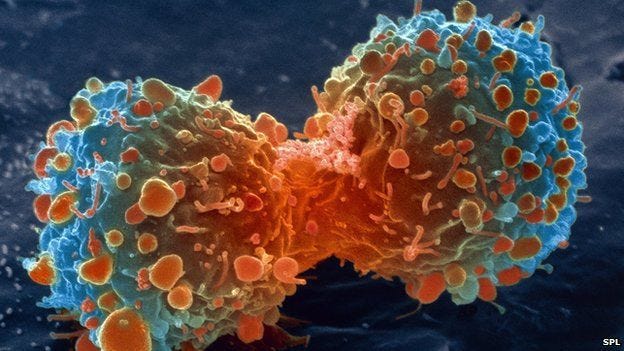
Regardless of whether it's a romping back end assembling, a bubbly special festival, or simply meeting companions for blends at the nearby bar, overwhelming drinking or "hitting the bottle hard" will undoubtedly be included. As per the Centers for Disease Control and Prevention (CDC), one out of six US grown-ups hits the booze hard—characterized as having more than 4 drinks for ladies or 5 for men inside 2 hours. Yet, while bringing down different beverages in brief timeframes might be normal, it can likewise wreck your wellbeing, security, connections, and odds of achievement—regardless of whether you simply fling on Saturday night.
Remember that when you're drinking many beverages quick, it can set aside time for the full impacts of the liquor to influence you. Meanwhile, you could put yourself as well as other people at extraordinary hazard. That is the reason, as "the season to be sprightly" methodologies, it's particularly vital to keep the perils of overindulging best of brain, assess your drinking propensities, and intentionally plan to constrain your utilization before taking that first taste.
Keep in mind the dangers
Here are only a couple of potential outcomes of strategic alcoholism, as indicated by the CDC:
Unexpected wounds such auto accidents, falls, consumes, and liquor harming
Savagery including murder, suicide, insinuate accomplice viciousness, and rape
Sexually transmitted infections
Unintended pregnancy and poor pregnancy results, including premature delivery and stillbirth
Fetal liquor range issue
Sudden baby passing disorder
Unending illnesses, for example, hypertension, stroke, coronary illness, and liver infection
Disease of the bosom, mouth, throat, mouth, throat, throat, liver, and colon
Memory and learning issues
Liquor reliance
Try not to offer in to the myths
It can be anything but difficult to believe that you can deal with any measure of alcohol. Or on the other hand, you may imagine that you're alright to drive, you can calm down rapidly, or that drinking more liquor gets your body accustomed to it. Truth be told, exorbitant liquor admission:
influences your recognition, considering and coordination
disables your judgment and brings down restraints
increments forceful, high-chance, neglectful and additionally brutal conduct
requires time for your body to utilize — drinking espresso, water or caffeinated drinks, strolling, resting or cleaning up won't accelerate the procedure
can develop to a resilience, which implies you require more liquor to feel a similar impact—a notice indication of a genuine liquor reliance
Not certain you're trying too hard?
Can't review late discussions with a companion? Beginning to go for broke, or you're slacking off with your duties? Getting into more contentions with individuals? Rationalizing that you require beverages to quiet down or fit in? Passing out? Are your companions or relatives stressed over your drinking? These are for the most part cautioning signs that you're mishandling liquor and that it's a great opportunity to reduce.
What you can do to control drinking
Pick non-mixed drinks. Settle on this decision in front of circumstances including liquor and think about bringing water, a soda pop or some other non-mixed refreshment to the occasion.
Dodge your triggers. In the event that you can't keep away from occasions where drinking is the primary concentration, find diverting exercises to do, such as moving. Most importantly, don't take part in drinking diversions or rivalries. Step far from the bar or the spot where the beverages are being served.
Select companions who don't hit the bottle hard and who regard your cutoff points. Keep mindful of your own drinking, track it, and leave one more lager, cosmo or shot.
Back off. Quick drinking speeds up your resilience for liquor, making you rapidly go after another drink. Take just a couple of tastes from your refreshment at any given moment, taste water or pop between drinks, or weaken your beverages.
In the event that, in spite of your endeavors, you are unsuccessful at checking your drinking, look for help.
In case you're a Health Advocate part with access to our EAP+Work/Life Program, consider talking with a Health Advocate Licensed Professional Counselor who can help give secret help. The Counselor can help recognize your triggers and give recommendations to change your drinking propensities, locate the correct assets and care groups, and give referrals to top to bottom help, if necessary.
In case you're a part with our Advocacy administrations, get in touch with us to talk with a Personal Health Advocate who spends significant time in behavioral wellbeing. The Personal Health Advocate can enable you to recognize assets for help.




